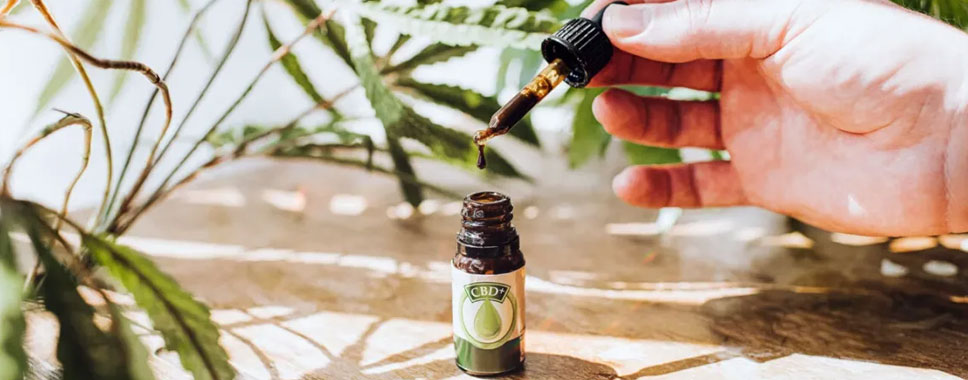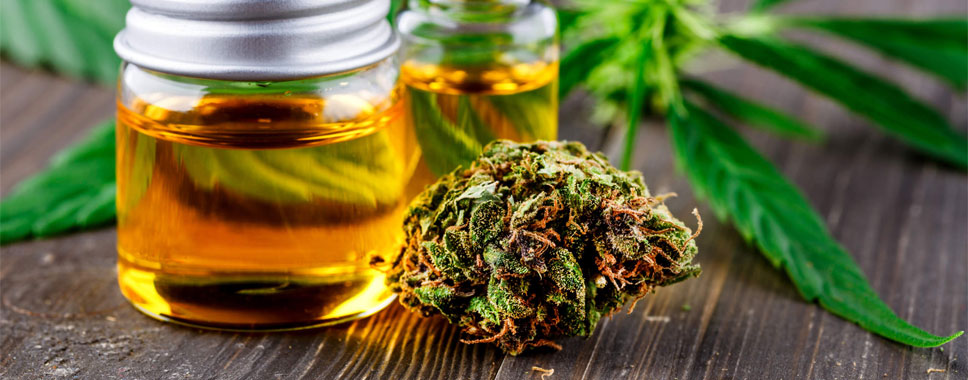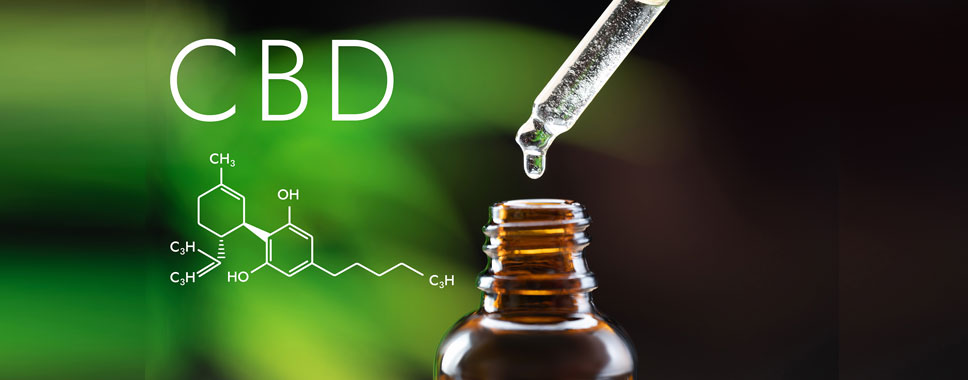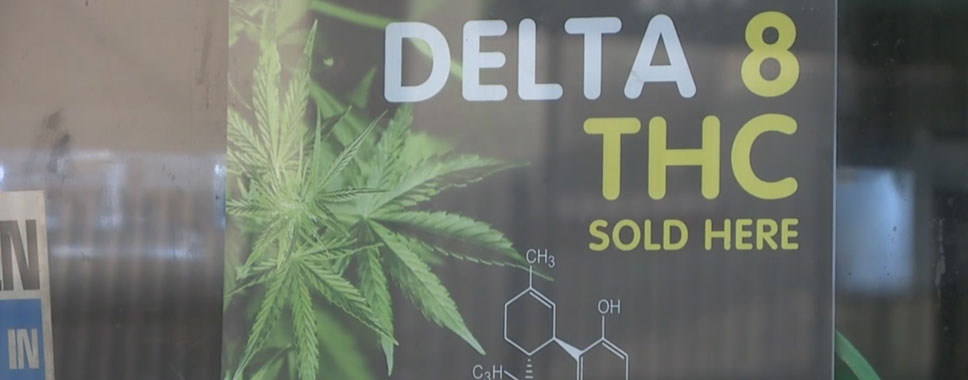CBD (cannabidiol) generally does not show up on a standard drug test, but there are a few important caveats:
1. Standard Drug Tests Look for THC
Most drug tests—especially workplace tests—are designed to detect THC (tetrahydrocannabinol), the psychoactive component in cannabis, not CBD. So, pure CBD products should not trigger a positive result.
2. Risk of THC Contamination
Some CBD products, especially full-spectrum ones, can contain trace amounts of THC (up to 0.3% by law in the U.S.). Over time or in high enough doses, this could build up in your system and cause a positive test.
3. Inaccurate or Poorly Labeled Products
Not all CBD products are accurately labeled. Studies have found that some contain more THC than advertised. If you’re using a poorly regulated product, there’s a chance of testing positive for THC.
4. Type of CBD Matters
-
CBD isolate: Pure CBD, no THC — lowest risk.
-
Broad-spectrum CBD: CBD plus other cannabinoids, but no THC — low risk.
-
Full-spectrum CBD: Contains all cannabinoids, including legal trace amounts of THC — higher risk.
 hempcentral
hempcentral 



Comments